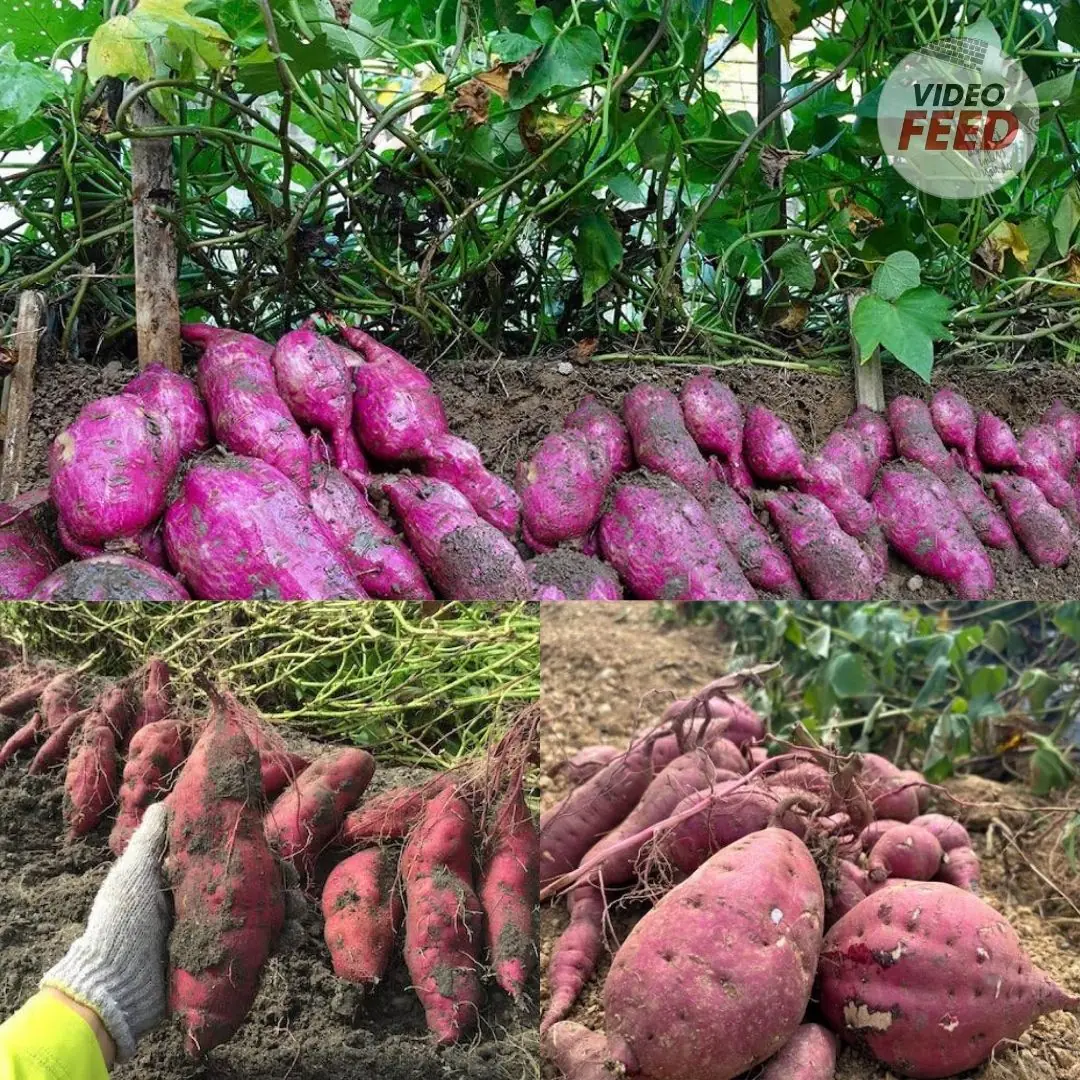
3 types of vegetables and fruits are "parasite nests" invisible to the naked eye, but many people consider them treasures
In particular, many people enjoy eating certain vegetables raw, which increases the risk of parasitic infections.
Ms. Trương, 27 years old from China, experienced this situation. She especially liked eating raw arrowhead, as she found it crunchy and sweet, and it was convenient to eat raw. However, two years ago, she started feeling a dull pain in her upper abdomen. Initially, she didn’t pay much attention, thinking it was just a common digestive issue. Over time, however, the pain became more frequent and intense.
Eventually, she had to go to the hospital. After an examination, the doctor removed two live intestinal flukes from her body. At that moment, she realized that her long-standing habit of eating raw arrowhead was the cause of her parasitic infection.
Why can vegetables also contain parasites?
Parasites and raw vegetables often share the same environment, making it easy for parasite eggs to attach to the vegetables. The processes of fertilizing, watering, and spraying pesticides can cause vegetables to become contaminated with parasites, disease-causing bacteria, or chemical residues. Especially when vegetables are watered with fresh manure from humans or livestock, they are more likely to be contaminated with parasites and their eggs.
Additionally, during storage and transportation, vegetables can collide, spreading parasites from one vegetable to another.
3 Types of Vegetables That Are "Parasite Breeding Grounds"
Arrowhead: A plant that grows underwater, usually found in shallow fields, ponds, or swamps. The surface of the root is easily contaminated with parasites, particularly intestinal flukes. Eating it raw can lead to diseases caused by intestinal flukes, with symptoms such as stomach pain, diarrhea, nausea, and vomiting. The flukes parasitize the small intestine, absorbing nutrients and causing malnutrition, anemia, and edema.
Parasite-Prone Vegetables and Their Health Impacts
Some vegetables may contain parasites if not properly cleaned, processed, and cooked. Here are the vegetables to be cautious about:
-
Arrowhead: A water plant that typically grows in muddy areas, serving as a habitat for intestinal flukes. The outer surface of the arrowhead is prone to carrying parasites or their eggs. Eating it raw or biting into the skin can easily lead to infection. Once inside the body, the parasites reproduce in the intestines, causing stomach pain, diarrhea, and indigestion.
-
Lotus Root: Grows in the muddy bottom of ponds and is prone to containing parasites like schistosomes and intestinal flukes. Eating raw lotus root can lead to parasites attaching to the intestinal lining, causing damage and ulcers, which result in diarrhea, stomach pain, and digestive disorders. The mud on the lotus root can also contain bacteria and parasites, so it needs to be thoroughly cleaned and cooked well before consumption.
How Parasites Affect the Body
When parasites enter the body, they dwell and reproduce in various organs, consuming the body’s nutrients and leading to malnutrition. Some of the effects of parasites include:
-
Stomach pain, diarrhea, and digestive issues: For example, intestinal flukes can live in the small intestine, causing symptoms like stomach pain, diarrhea, and indigestion. In severe cases, they can lead to anemia, edema, and hinder physical development.
-
Inflammation and damage to the intestinal lining: Parasites cause inflammation, which damages the intestinal lining, affecting digestion and overall health.
News in the same category


3 digestive can.cers can be cured if detected early

Why should women not sit with their legs crossed?

Is swollen lymph nodes in the neck caused by cancer?

A Shocking Warning About 5 "Silent Kil.lers" of Blo.od Glucose
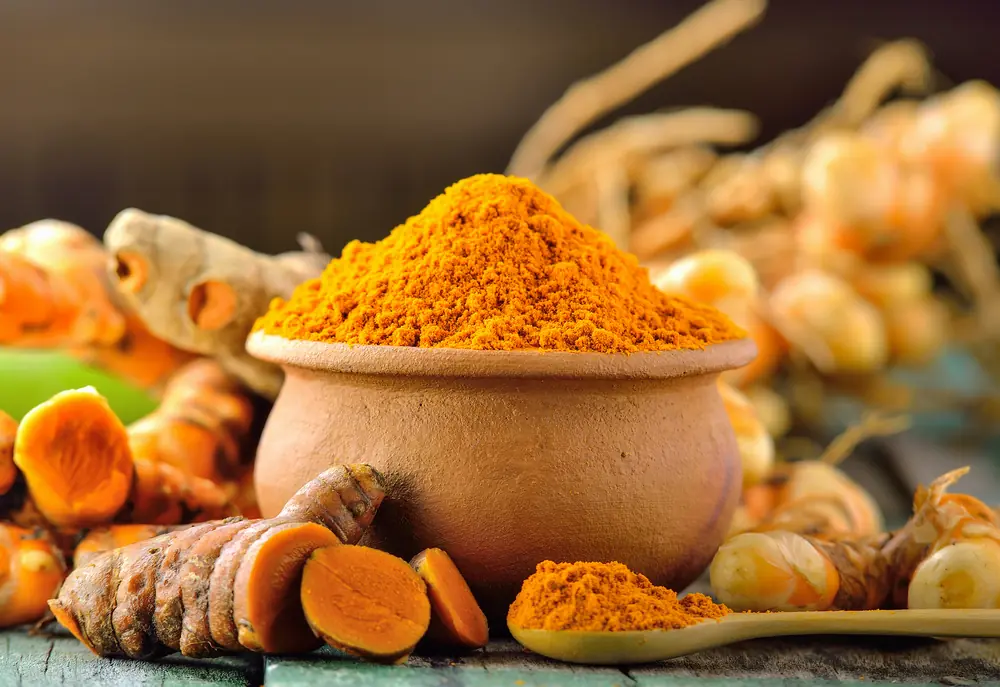
The wonderful health benefits of turmeric for human health
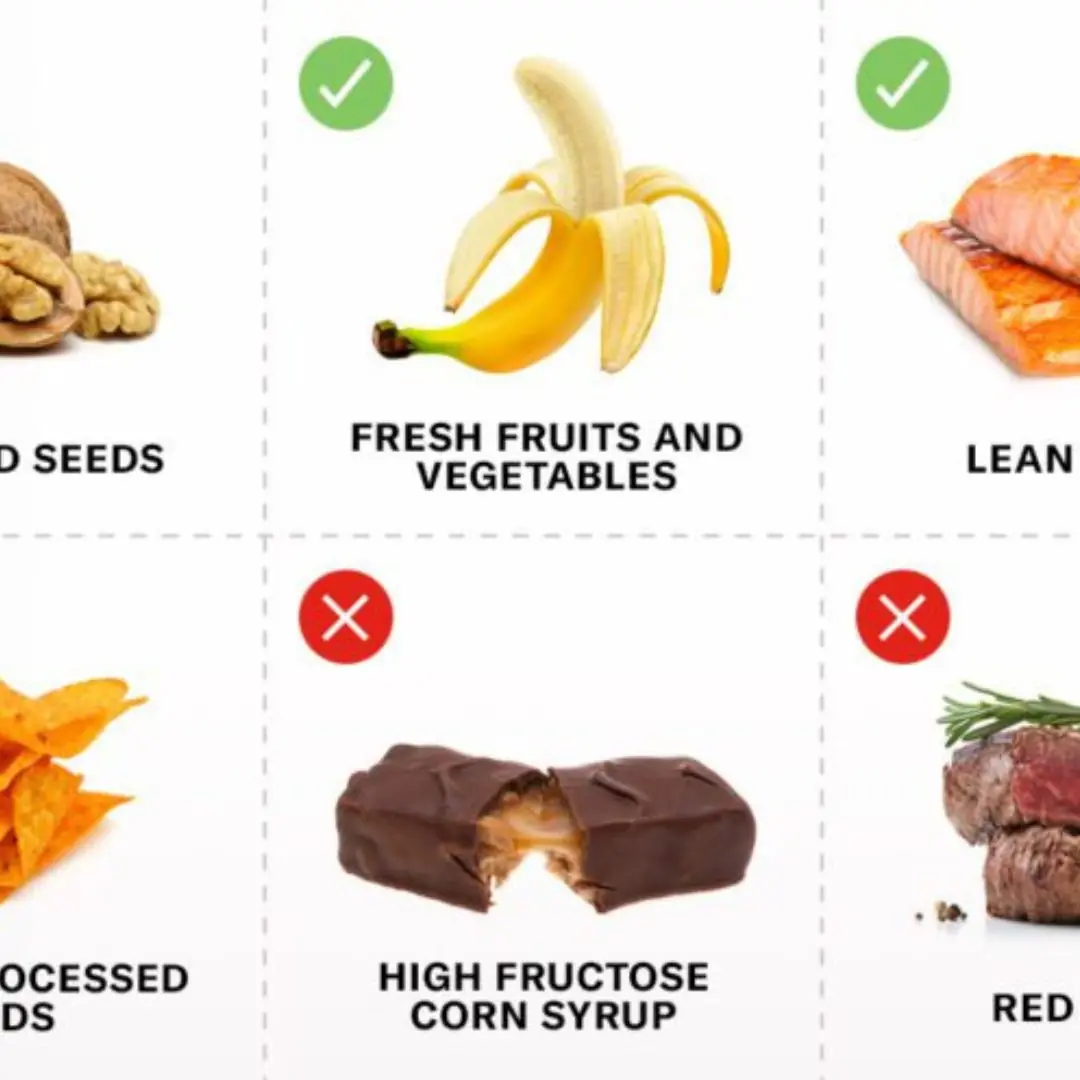
What To Eat During Your Period: Foods That Help Reduce Cramps and Foods To Avoid

5 habits to prevent colorectal can:cer

What is the disease of irregular fast and slow heartbeat?

What happens when joints degenerate?
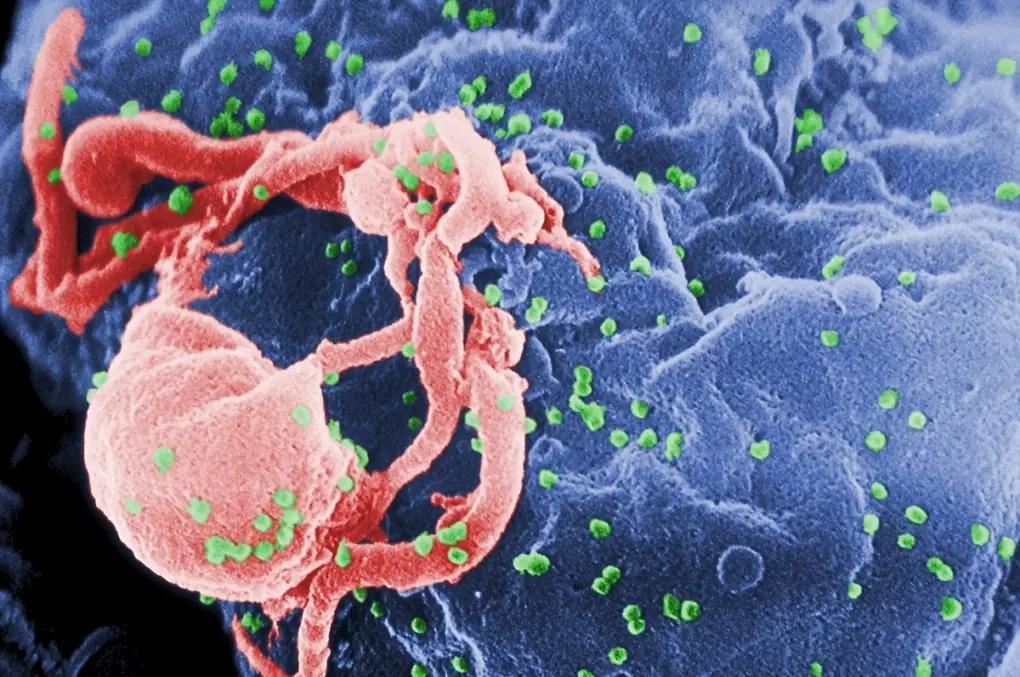
Potential way to cure HIV permanently found

What happens when you eat too much saturated fat?

Japanese Doctor Reveals 3 Everyday Foods That Naturally Boost Immunity and Reduce Frequent Illness

Can.cer May Reveal Itself Through These 2 Nighttime Warning Signs — Everyone Should Be Aware

5 warning signs of oral can:cer

15 Years Can.cer-Free: Japanese Doctor Shares 5 Simple Habits to Keep Can.cer Cells from Returning

Diabetics are ‘very afraid’ of a spice that is abundant in the market: American experts say it is ‘as good as prescription drugs’

Rub Ginger on the Soles of Your Feet Before Bed, and You’ll Experience Its “Miraculous” Health Benefits

What happens to your body if you drink orange juice every day?
News Post

Can:cer can 'emit' these 2 signs at night, everyone should know to be alert

Real advice: Don't wear these 5 types of underwear for too long, because it will cause more "health damage"!

9 things to remember to avoid electrical short circuits that can cause d.e.a.dly fires and ex.plos.ions

4 Common Clothes-Drying Mistakes That Seem Harmless But Are Surprisingly Harmful — And Many Families Make Them Every Day

3 digestive can.cers can be cured if detected early

Why should women not sit with their legs crossed?

Rare genetic mutation allows some people to thrive on 4 hours of sleep, study suggests
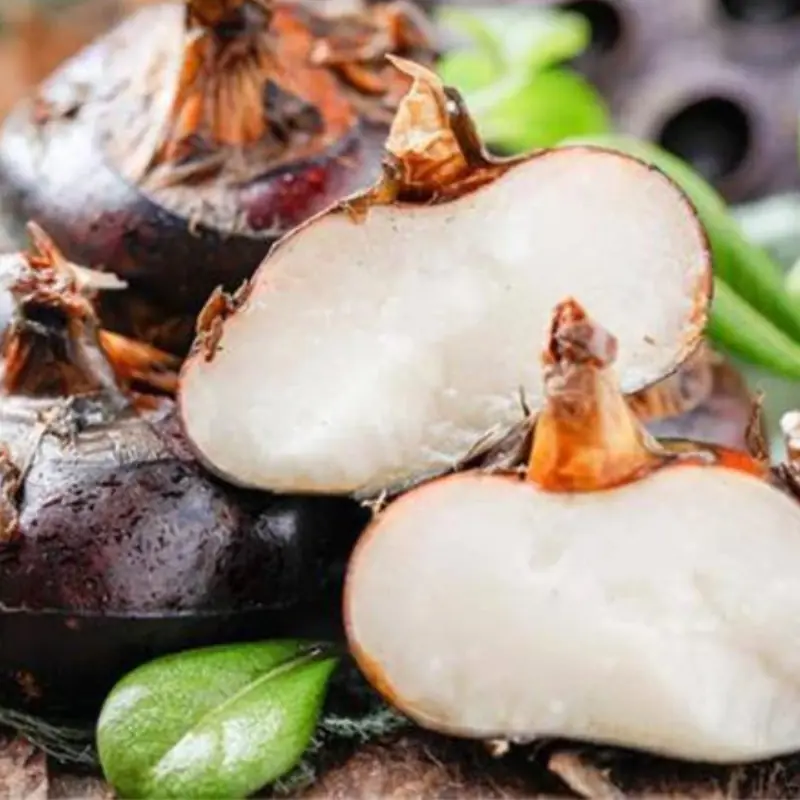
3 Types of Fruits and Vegetables Are Hidden 'Parasite Nests' Invisible to the Naked Eye — Yet Many People Treat Them Like Treasures

Is swollen lymph nodes in the neck caused by cancer?

Add This Ingredient When Marinating Beef to Keep It Tender and Juicy—No Matter How You Cook It

When Booking a Hotel Room, Choose Floors 3 to 6 – A Golden Tip for Frequent Travelers

A Shocking Warning About 5 "Silent Kil.lers" of Blo.od Glucose

Don’t Waste Money on Termite Control Services! Try These 6 Cheap Natural Remedies Already in Your Home
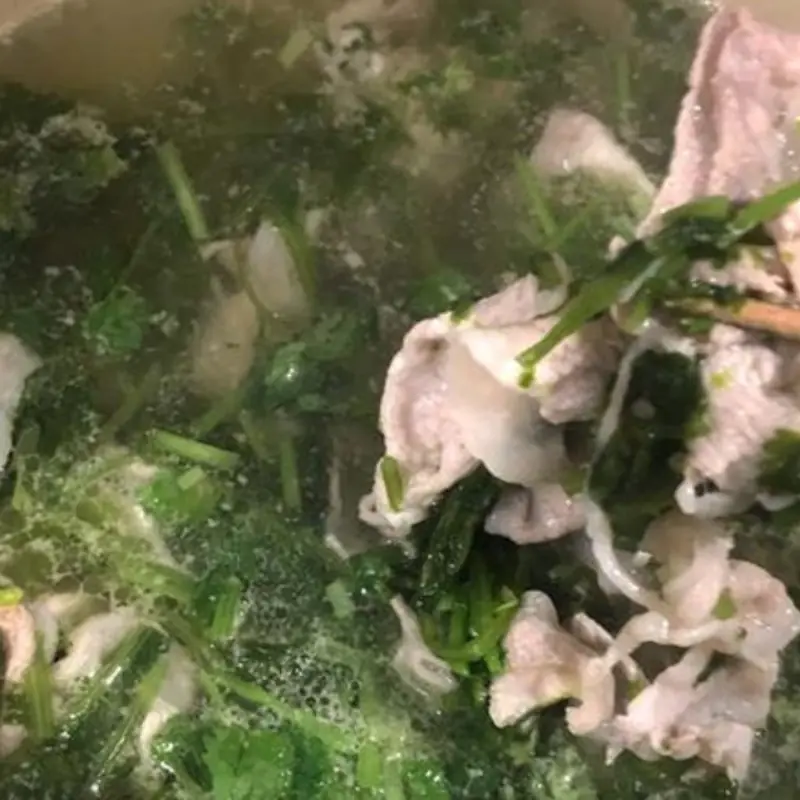
Only the 'Foolish' Would Combine These 5 Things with Pork — It May Taste Good Now, But It Invites Illness Later
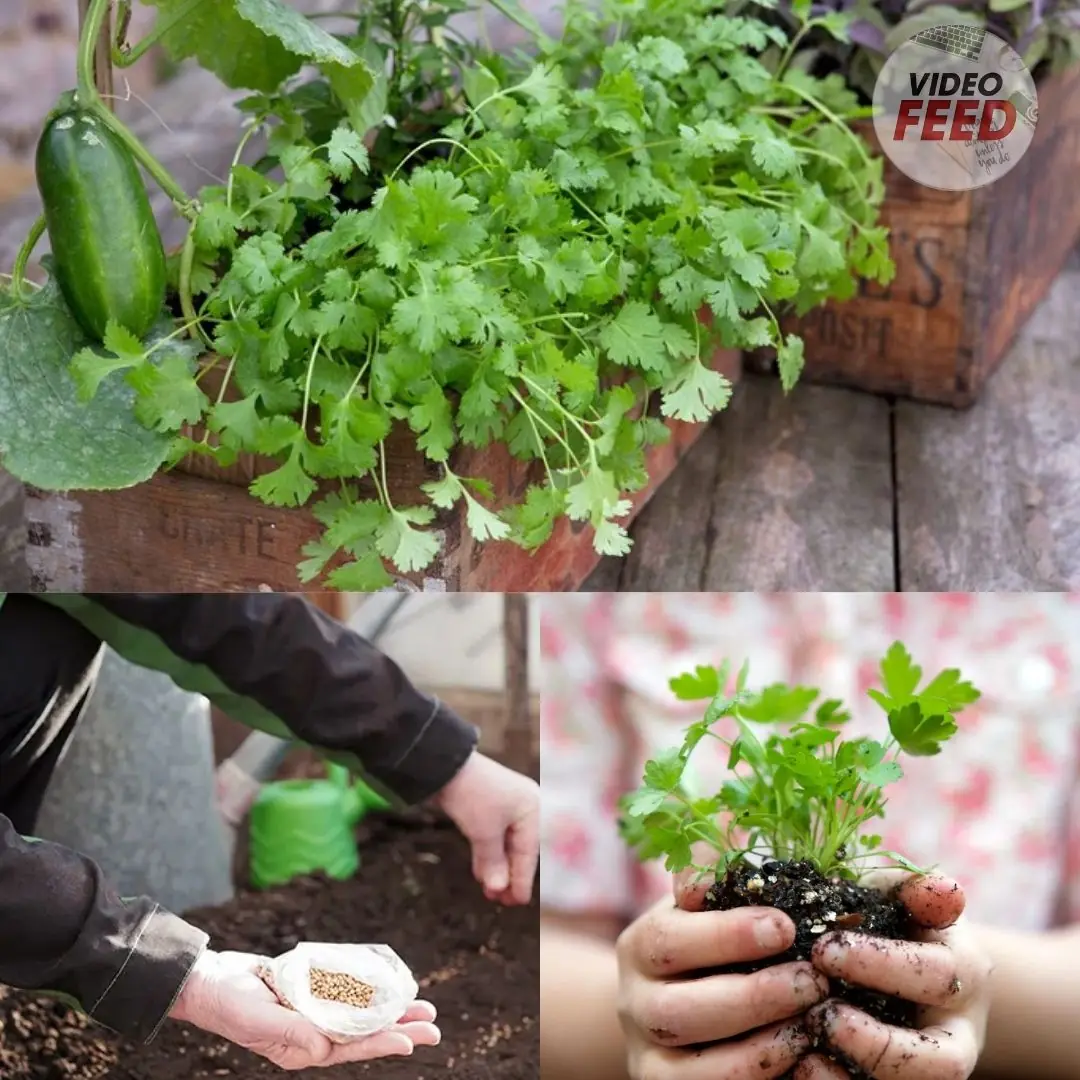
Learn How to Plant and Grow Cilantro (Coriander)
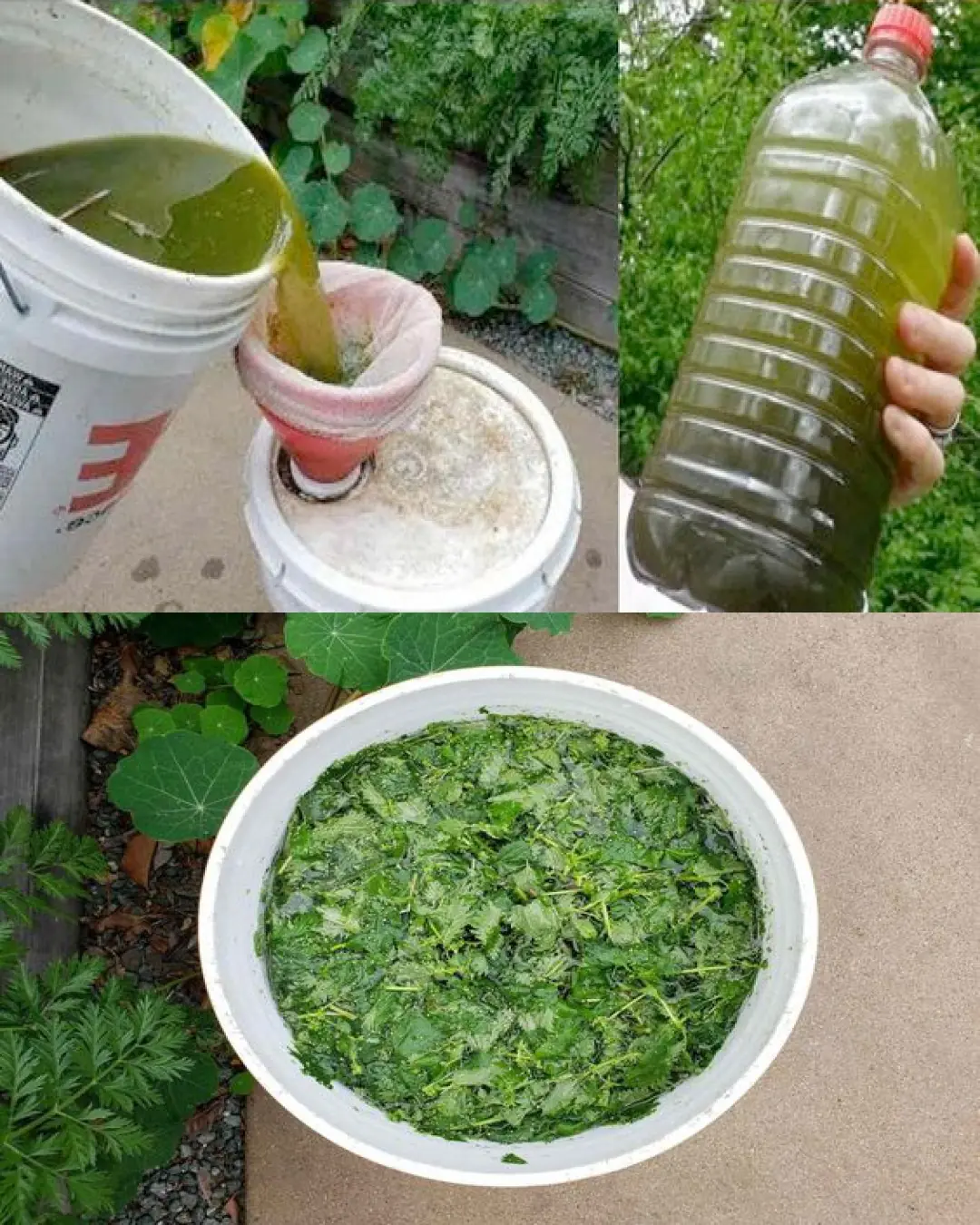
Unleash the Versatility of Nettle: 11 Non-Stinging Ways to Harness its Power
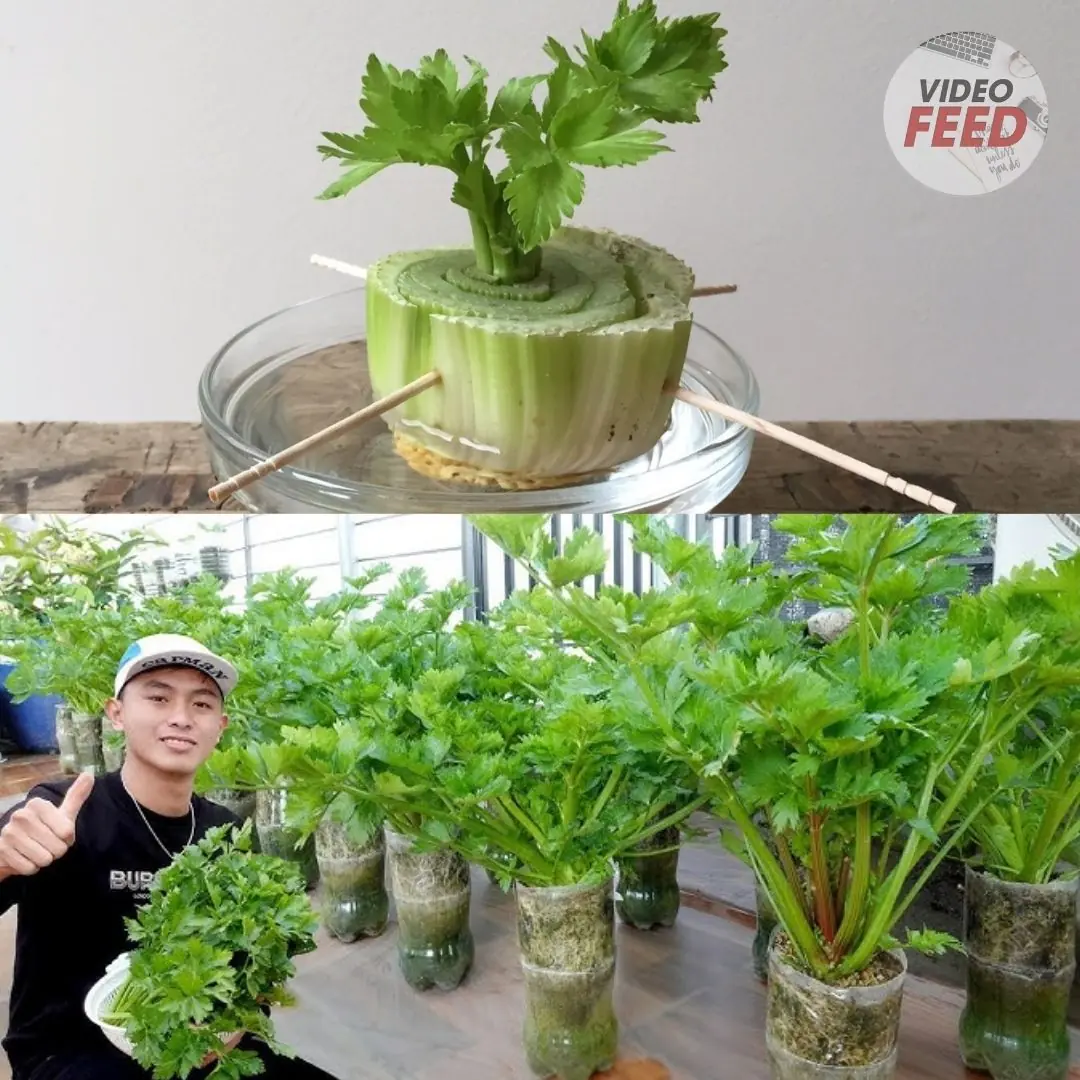
How To Regrow Celery From Scraps

The wonderful health benefits of turmeric for human health
